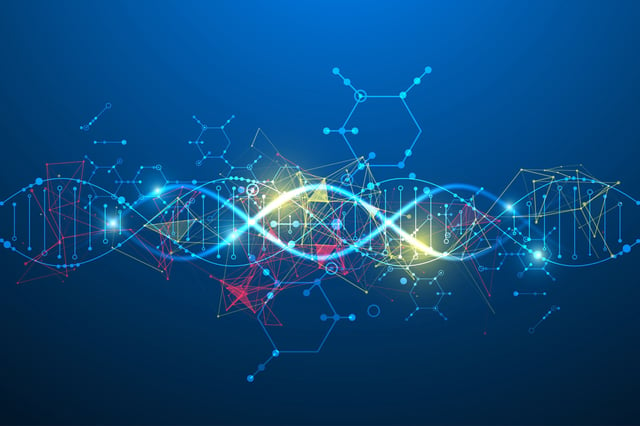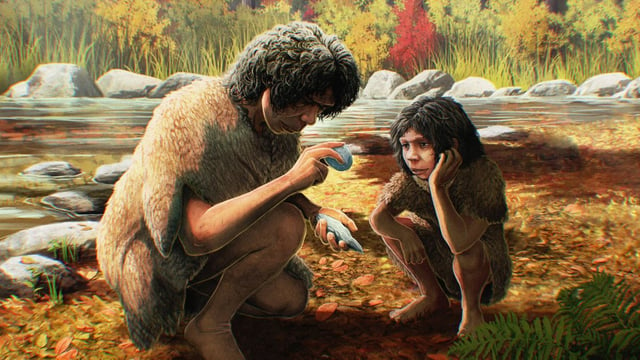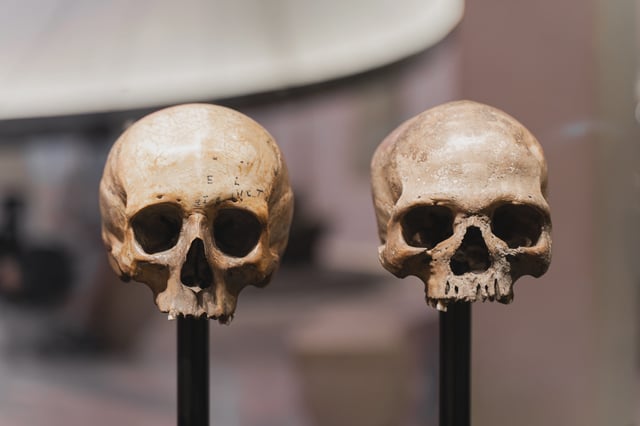Overview
- The study identifies two ancestral populations, one contributing 80% and the other 20% of modern human DNA, with the latter influencing brain function and neural processing.
- Researchers used the cobraa algorithm and modern human DNA from the 1000 Genomes Project to model ancient population splits and reunions.
- The genetic mixing event 300,000 years ago was significantly larger than later interbreeding with Neanderthals and Denisovans, affecting all modern humans.
- One ancestral population experienced a severe bottleneck after diverging, shrinking to a small size before recovering over a million years.
- The findings challenge the single-lineage model of human evolution, highlighting interbreeding and genetic exchange as recurring patterns across species.


